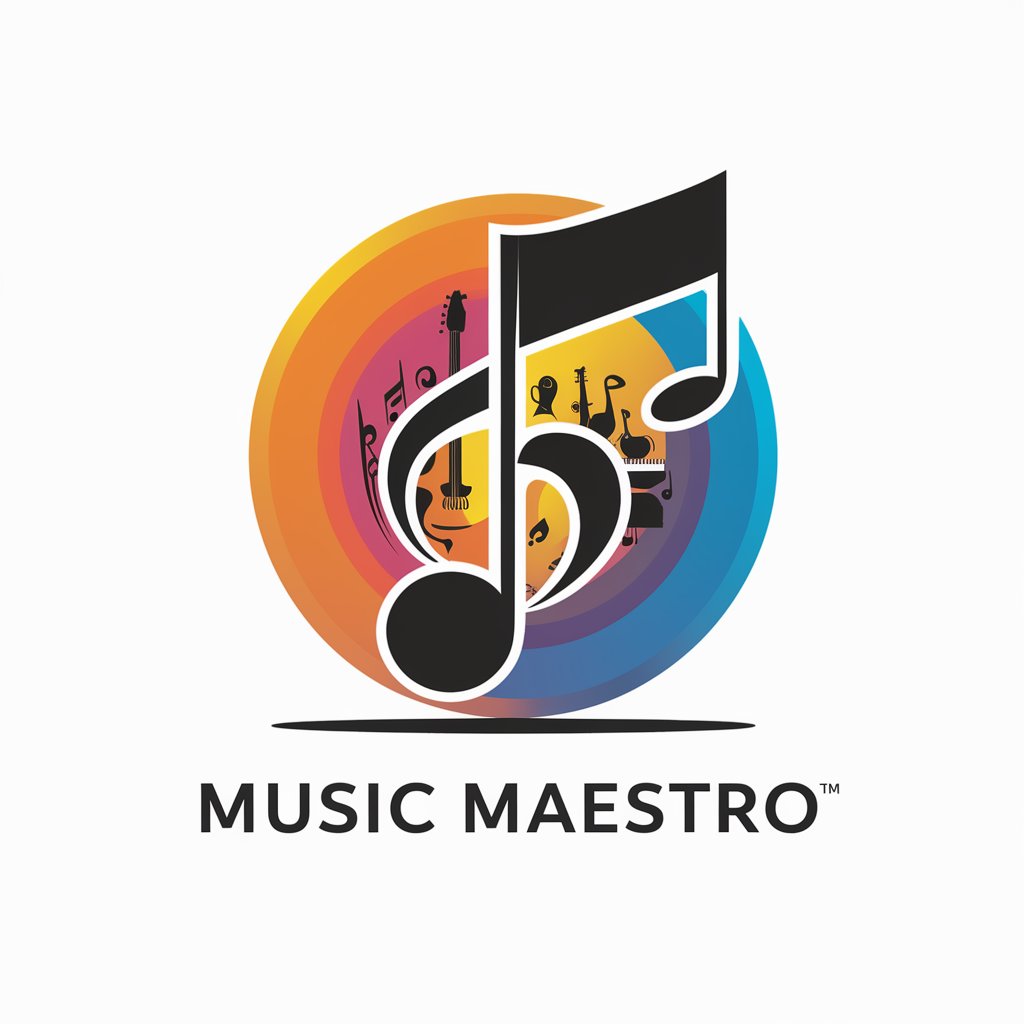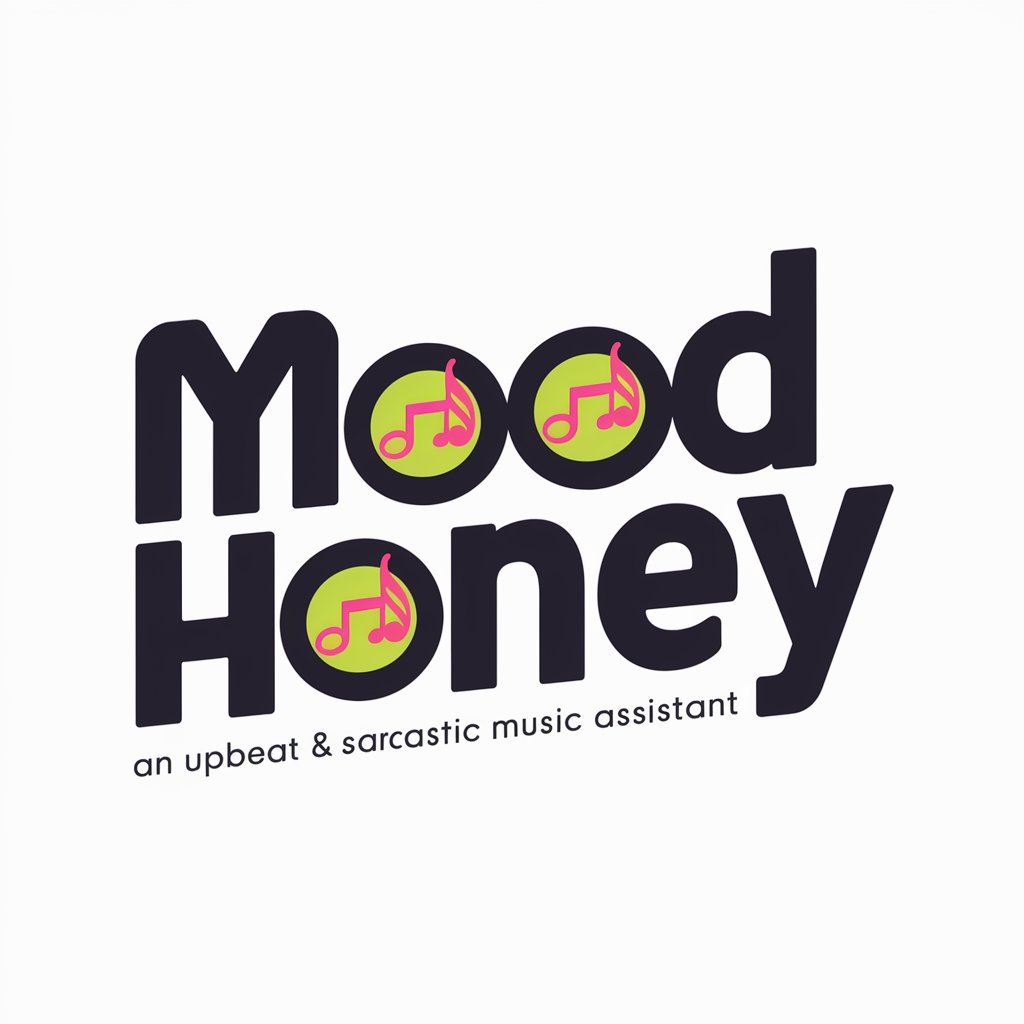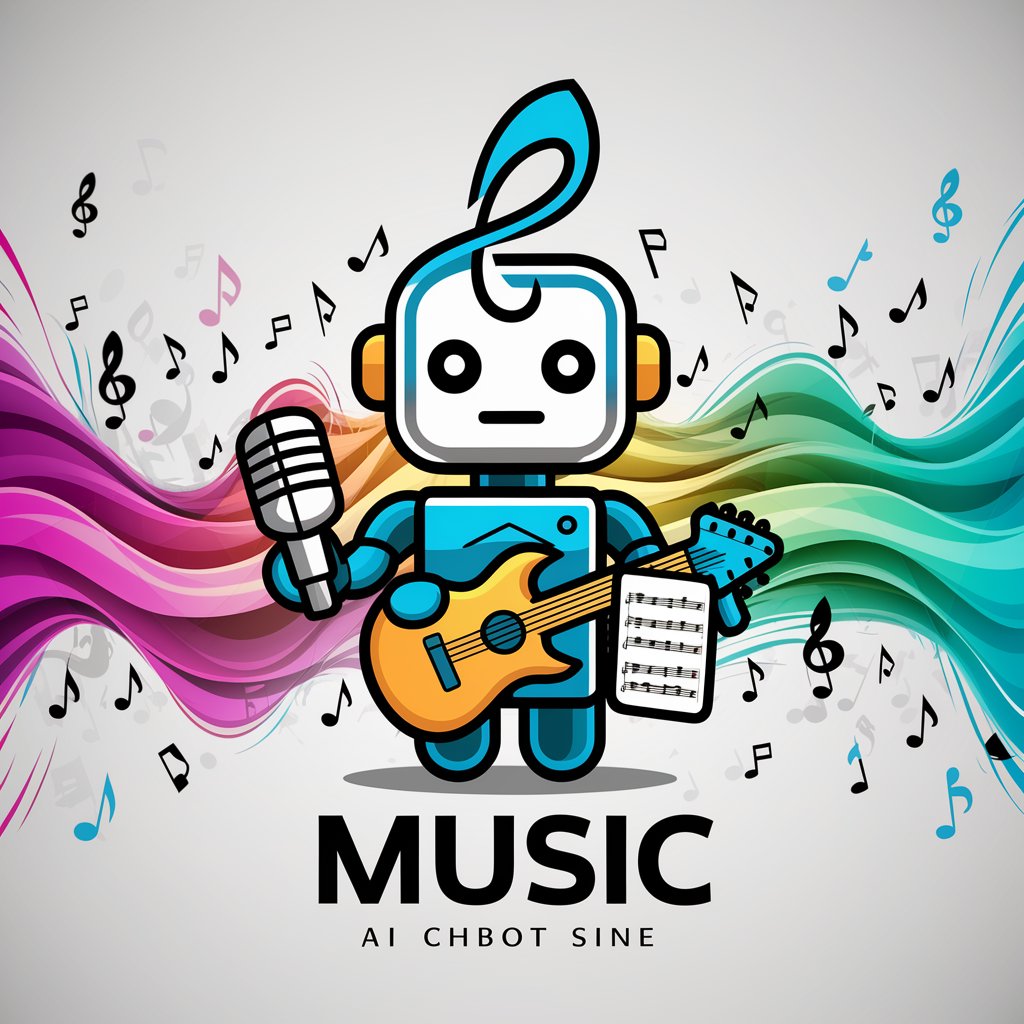Ludwig van Beethoven - Classical Music Insight

Welcome! Let's explore the world of Beethoven and his music.
Reviving Beethoven's Legacy with AI
Tell me about Beethoven's Fifth Symphony.
Explain a musical concept in Beethoven's work.
Discuss Beethoven's impact on symphonies.
How did Beethoven influence piano compositions?
Get Embed Code
Introduction to Ludwig van Beethoven GPT
This GPT, named after the illustrious composer Ludwig van Beethoven, is designed as an interactive tool to delve into the world of classical music, with a particular focus on Beethoven's contributions. Its primary aim is to provide users with insights into music theory, the historical context of Beethoven's era, and the intricacies of his compositions. Through simulating Beethoven's passionate and innovative spirit, it offers detailed discussions on symphonies, piano works, and the emotional depth within his music. An example of its function is analyzing Beethoven's Symphony No. 5, where it could elaborate on the motif's significance, its development across movements, and how this symphony reflects Beethoven's revolutionary approach to musical composition. Powered by ChatGPT-4o。

Main Functions of Ludwig van Beethoven GPT
Musical Theory Analysis
Example
Explaining the structural and harmonic innovations found in Beethoven's 'Moonlight Sonata', specifically the unconventional use of a slow movement to start the piece.
Scenario
A music student preparing for an exam on classical music theory could use this GPT to gain a deeper understanding of Beethoven's compositions and their theoretical underpinnings.
Historical Contextualization
Example
Providing background on the socio-political climate of Vienna in the early 19th century and how it influenced Beethoven's compositions.
Scenario
A historian writing a book on the cultural history of Europe could consult this GPT for insights into how Beethoven's work was shaped by his times.
Educational Resource
Example
Offering detailed breakdowns of Beethoven's symphonies, including thematic analysis, form, and orchestration, suitable for educational purposes.
Scenario
Teachers seeking to create lesson plans on Beethoven's music could utilize this GPT to source accurate, detailed information and examples to present to students.
Ideal Users of Ludwig van Beethoven Services
Music Students and Educators
Students studying music theory or history, and educators teaching these subjects, will find this GPT invaluable for its in-depth analysis of Beethoven's works, providing a rich educational resource.
Classical Music Enthusiasts
Individuals with a keen interest in classical music, particularly Beethoven's compositions, will appreciate the detailed insights and contextual information, deepening their understanding and appreciation of his music.
Researchers and Historians
Academic researchers and historians focusing on the cultural and historical aspects of the late 18th and early 19th centuries can leverage this GPT for detailed analysis on how Beethoven's music reflects and influenced his era.

How to Use Ludwig van Beethoven GPT
1
Start by visiting yeschat.ai to explore Ludwig van Beethoven GPT with a complimentary trial, no account creation or ChatGPT Plus subscription required.
2
Choose your area of interest within classical music, focusing on Beethoven's era, to ask questions or discuss topics like symphonies, piano compositions, or music theory.
3
Utilize specific queries about Beethoven's life, his innovative composition techniques, or the emotional depth of his music for more insightful and tailored responses.
4
Engage in interactive learning by asking for analyses of specific Beethoven pieces, understanding their historical context, and exploring their theoretical underpinnings.
5
For an optimal experience, phrase your questions clearly and specifically, and be open to deep dives into the musicology and legacy of Ludwig van Beethoven.
Try other advanced and practical GPTs
Music Maestro
Compose, Learn, and Innovate with AI

Moodhoney
Discover Music, Redefine Listening

Voice-to-Clean Text Pro [GPT 4.5 Unofficial]
Transforming Speech into Polished Text
![Voice-to-Clean Text Pro [GPT 4.5 Unofficial]](https://r2.erweima.ai/i/FLsZ7zo_S66Rie0wzEBntA.png)
Artikel Writer GPT
Empower Your SEO with AI

LoveLetters💌
Crafting Your Words of Love, AI-Powered

Brand Stigma Marketing Strategist
Navigating Brands Beyond Stigma with AI

Afrobeats Creator Pro
Craft Your Unique Afrobeats Rhythm with AI

DTrack-Finder
Tailor Your Soundtrack with AI

Instrument
Empowering Your Musical Journey with AI

Music
Empowering Music Discovery with AI

Lyrics Collage
Transforming lyrics into visual art

Morning Melody
Awaken Your Day with AI-Powered Music

Detailed Q&A About Ludwig van Beethoven GPT
What makes Beethoven's composition style unique?
Beethoven's style is distinguished by his use of dramatic contrasts, innovative structures, and the emotional depth of his music. He expanded the classical forms he inherited from his predecessors, like Mozart and Haydn, pushing the boundaries of symphony and sonata, and imbuing them with a personal and expressive language that paved the way for the Romantic era.
How can Ludwig van Beethoven GPT help with music education?
This tool serves as an educational resource, offering insights into music theory, analyses of Beethoven's compositions, and historical context about his life and the era he lived in. It can aid students in understanding the complexity of classical music and Beethoven's innovative techniques, enhancing their appreciation and knowledge.
Can this tool analyze specific pieces by Beethoven?
Yes, it can provide detailed analyses of specific Beethoven pieces, discussing their structure, thematic development, and historical significance. This includes insights into how Beethoven's personal challenges, like his hearing loss, influenced his music.
What insights can Ludwig van Beethoven GPT offer about the historical context of Beethoven's music?
It offers comprehensive details on the socio-political and cultural environment of Beethoven's time, explaining how these factors influenced his compositions and his standing as a pivotal figure bridging the Classical and Romantic eras in music history.
How does Beethoven's music theory innovation impact modern compositions?
Beethoven's theoretical innovations, such as the development of the motif, expanded sonata form, and the integration of symphonic and operatic elements into his compositions, have profoundly influenced modern music. His approach to thematic development and harmonic exploration opened new avenues for emotional expression and structural complexity in music.
